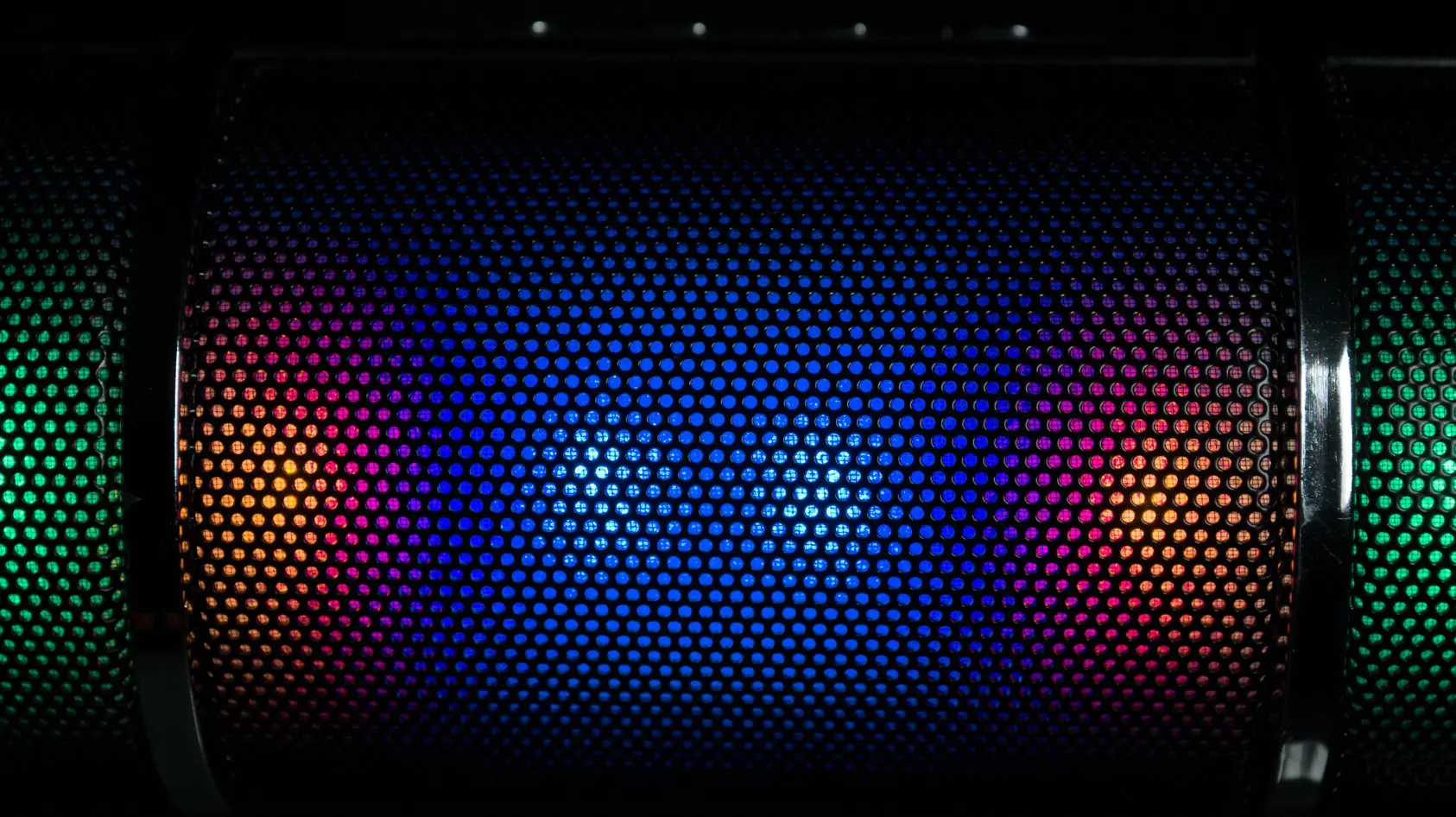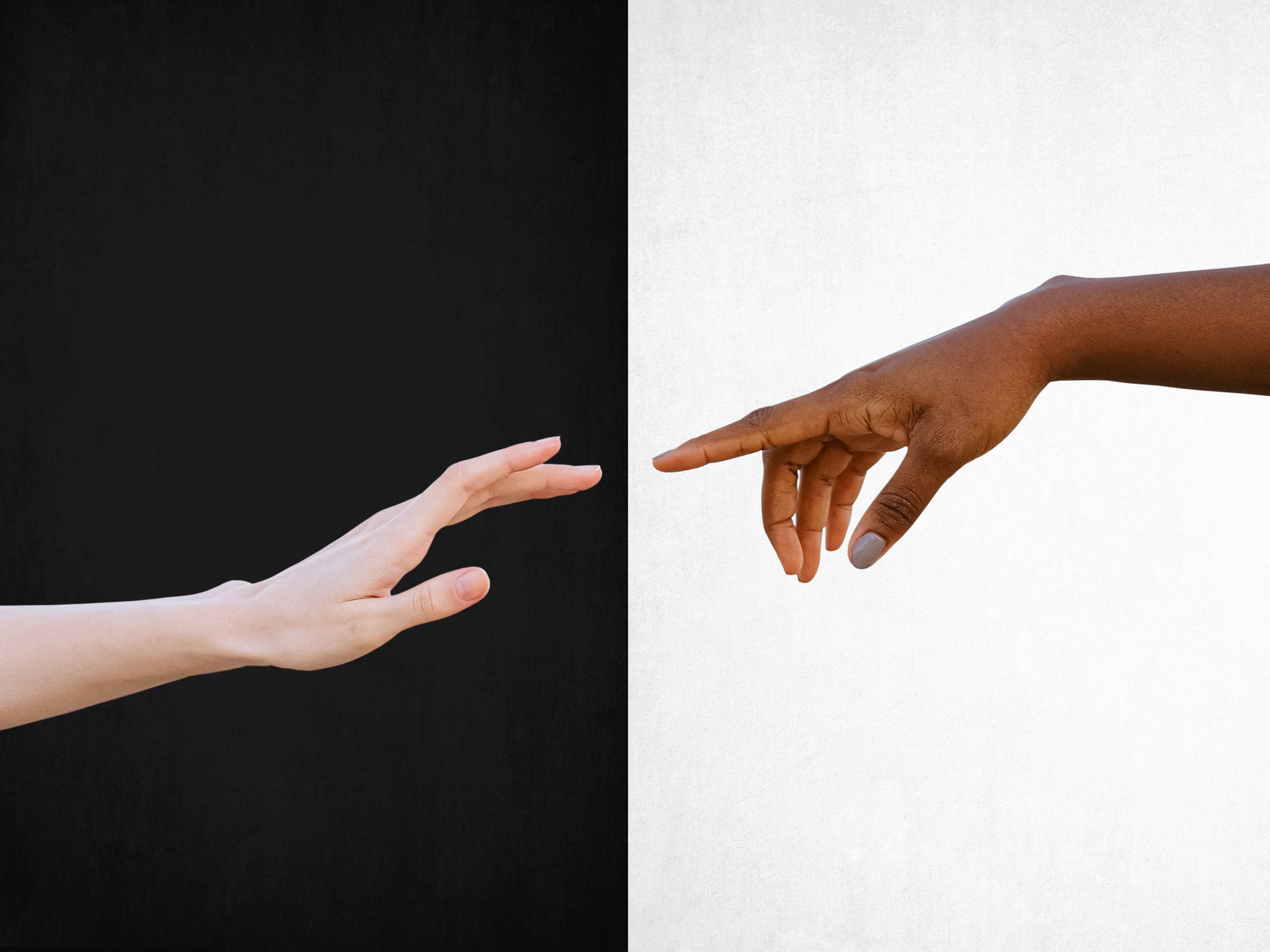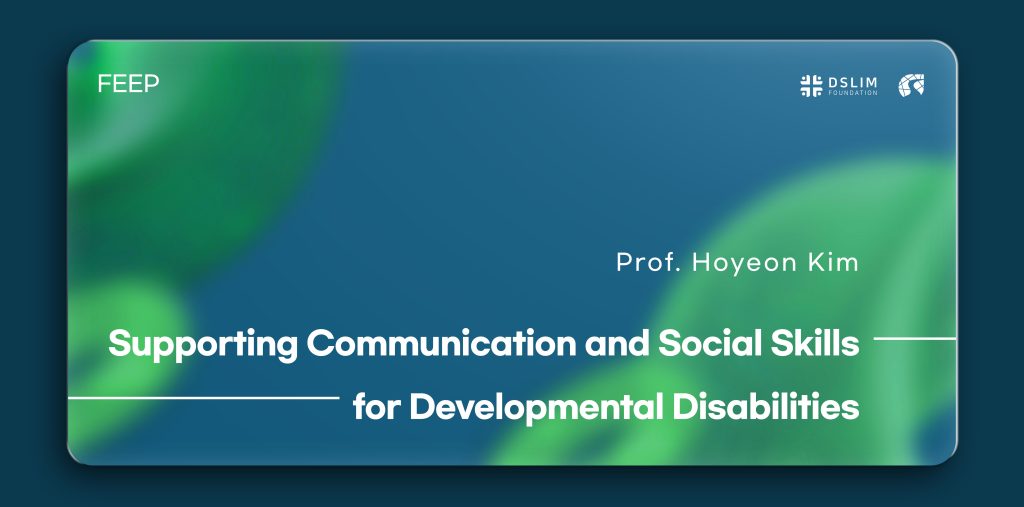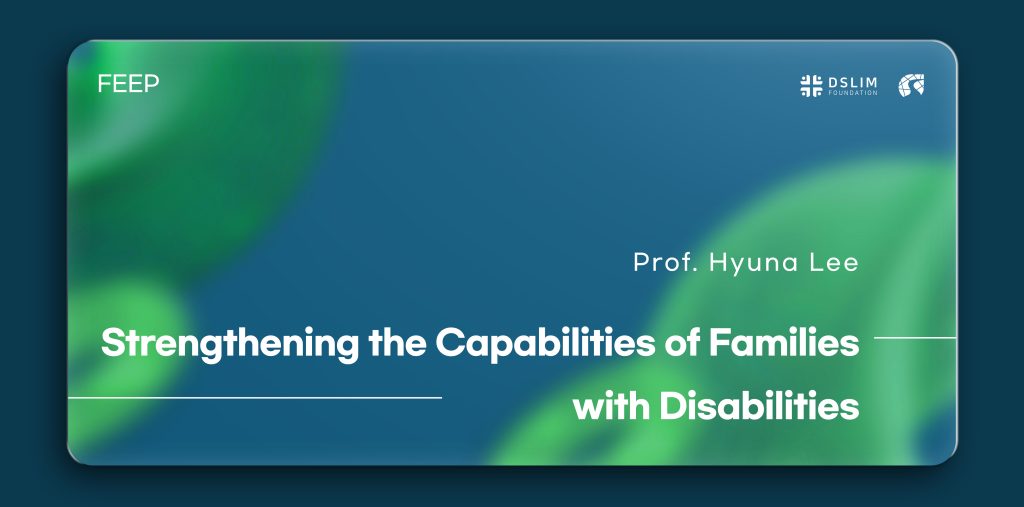The Devil Is, Paradoxically, Moral
Professor Jae-Hyun Jung
There are people who seem like perfect moral exemplars—impeccable and admirable in every way. They do so much good, leaving little to criticize, and as a result, many admire and envy them. However, as they help others and show charity, they may unintentionally elevate themselves above others. This can lead to feelings of superiority and satisfaction, and, sometimes unconsciously, they may even judge others based on their moral accomplishments.
Why does this happen?
Nicolaus Cusanus, the last great philosopher of the Middle Ages and a cardinal, offers this sharp analysis:
*”The core of all oppression lies in clinging to the proposition,
‘There is nothing wrong with me; all problems come from others,’
as though it were an unshakable truth.
This insistence on one’s own infallible identity is the essence of oppression.
Even moralists who engage in relentless self-examination do so
to showcase their moral superiority under the guise of criticism and reflection.
All of this is oppression.
When we stop pretending to be pure or striving to appear so,
freedom becomes possible.”*
—Nicolaus Cusanus, Learned Ignorance
When Morality Is Necessary
In daily life, morality is essential for individuals and society. Especially when vulnerable groups face hardship, morality is often required even before laws and justice can act. Mencius’s theory of the “four beginnings and seven emotions” (四端七情) underscores this.
However, excessive emphasis on morality can lead to moralism—a mindset where one rigorously evaluates oneself, strives to appear blameless to others, and uses morality as the sole standard, ignoring other considerations. This results in becoming enslaved by morality itself. What Cusanus describes as “oppression” is precisely this enslavement to morality.
While morality can sometimes save lives, moralism, conversely, has taken more lives throughout history. This is particularly evident when religion, under the guise of morality, intertwined with politics and wielded power to perpetrate such tragedies.
In our society today, moral justification often underpins social ostracism or personal character assassination. This moral violence is further amplified by the rapid spread of misinformation in the digital age, leaving victims little time to defend themselves. Such instances call for reflection.
Accepting Both Good and Evil
How can we reflect on this? It might begin with acknowledging that good and evil are intertwined within us all. For those who believe they are always morally correct and pure, this can be difficult to accept—but such belief is an illusion. Good and evil coexist within individuals and society, and this is not inherently wrong. What is wrong is the self-righteous delusion that one alone is pure.
When we accept the inevitability of good and evil being intertwined, it may seem chaotic, but this very acceptance offers a path forward. How, then, can we recognize the evil within ourselves?
Throughout life, we build our identities, striving to make them robust and admirable. Identity stems from “sameness”—a consistent self that endures through ever-changing circumstances. This sameness forms the foundation of identity. However, this sameness often evolves into an assertion of moral infallibility: “I am always right.”
On the flip side, others are perceived as “different.” Yet this difference is not merely accepted as diversity—it is deemed “wrong.” The logic becomes: “If you are like me, you are right; if you are different, you are wrong.” This conflation of different with wrong is problematic.
Modern psychologists echo this sentiment:
“Those who constantly strive to be virtuous
are not moral giants but simply uptight individuals.
Instead, we must grow sensitive to both good and evil.
Moral life is a dialectic of good and evil.
… The coexistence of good and evil within us
prevents any person from moral arrogance.
No one can claim moral superiority.
Recognizing this limitation enables us to forgive.”
—Rollo May, Power and Innocence
Thus, the constant application of moral standards to oneself is not moral perfection but compulsion. A truly moral life, according to May, involves accepting the dialectic of good and evil—the coexistence and interplay of both. Recognizing this inherent limit allows forgiveness.
Nicolaus Cusanus takes this further, asserting that identifying oneself as a “devil” can paradoxically be moral:
“Only those who deeply understand their own evil—
those who are experts in their own evil,
bearing it as its very embodiment, like a devil—
can, paradoxically, be truly moral.
In this way, the devil becomes a humble ethical representation of the finite.”
Thank you.

“Just remember that you can test different video lengths until you find what works best –– the sweet spot. Pay attention to your video performance and adjust until you see success.”




